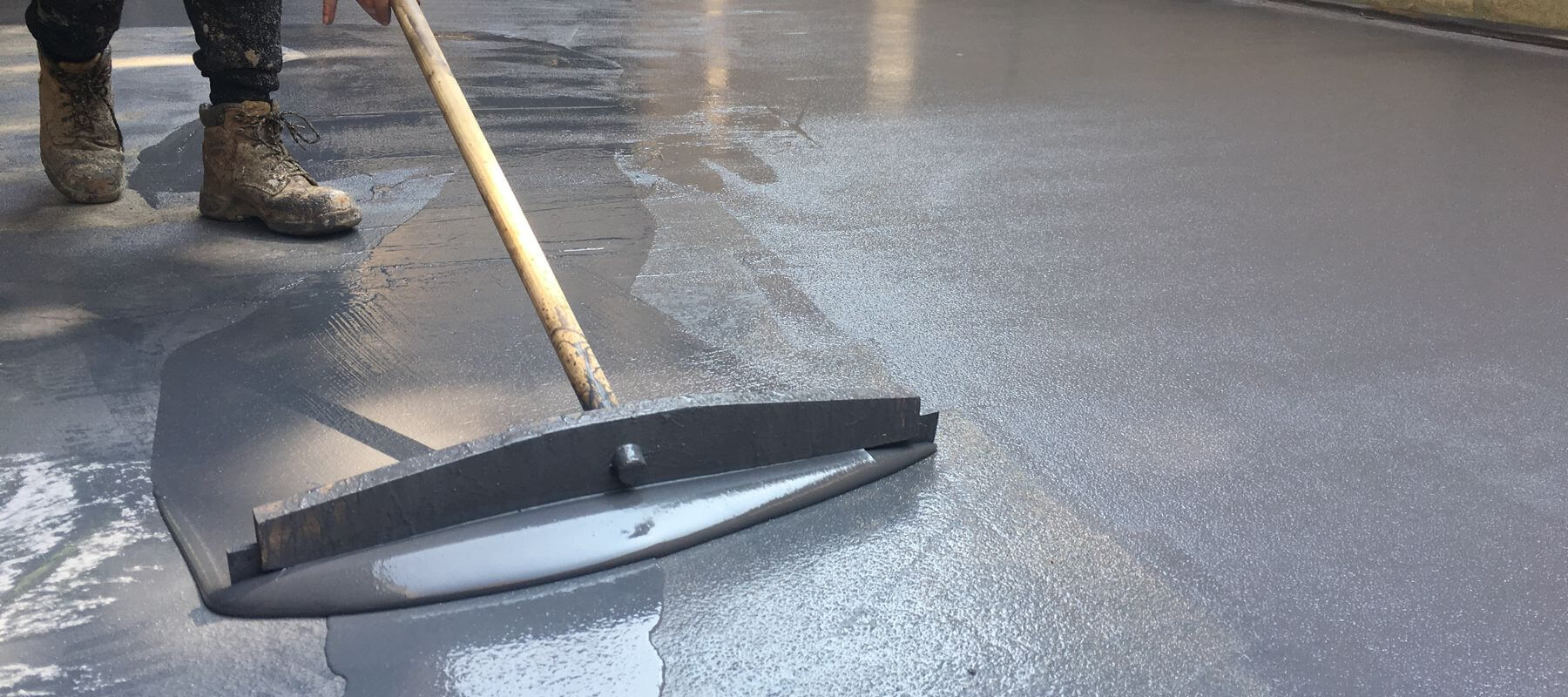Introduction
Waterproofing is critical for protecting your property from the costly and potentially dangerous harm that water incursion may cause. While many people equate waterproofing with keeping basements dry, it affects many other aspects of a home, such as walls, roofs, and foundations. Without proper waterproofing, houses can suffer from mold growth, structural deterioration, and costly repairs.
Why Assessment Matters
A professional waterproofing company does not provide one-size-fits-all solutions. Each property is unique, with specialized requirements based on age, location, and material type. That is why an assessment is so important—it allows the waterproofing company to understand your property’s specific requirements. By completing an in-depth evaluation, they avoid useless treatments and contribute to the building’s long-term structural health.
Initial Consultation with the Waterproofing Company
Consultation is often the first step in the process. During this step, a waterproofing specialist may inquire about any water-related issues you’ve encountered, your home’s history of water damage, and your key worries. This interaction allows the company to have a preliminary grasp of the problem before beginning the in-depth inspection.
Exterior Property Inspection
A comprehensive inspection of the property’s exterior is required. Here’s what they usually look for.
- Visible Damage: Cracks in exterior walls, gaps around windows, and other apparent signs of deterioration are frequently the earliest indications of water damage.
- Drainage Systems: Good drainage is essential, so the business will inspect gutters, downspouts, and landscaping to ensure that water flows away from the building.
- Foundation and Structural Integrity: They inspect the foundation for cracks or shifting that could indicate underlying difficulties with water intrusion.
Interior Property Inspection
The interior check is equally important because it exposes deterioration that may not be obvious from the outside.
- Walls, Ceilings, and Floors: The waterproofing crew searches for discoloration, warping, and stains that indicate water penetration.
- Mold and Mildew: Unpleasant scents or visible mold can indicate prolonged wetness.
- Basement and Crawl Spaces: These locations are prone to water accumulation, thus they are thoroughly examined for any symptoms of wetness or dampness.
Examining Roofing Systems
If a property’s roof has any flaws, it can be a major source of water intrusion. During the examination, waterproofing specialists look for:
- Roof Integrity: Shingles, tiles, and seals are inspected for damage.
- Leaks and Gaps: Any holes around roof fittings, such as chimneys or vents, can allow water to sneak in, therefore these are thoroughly inspected.
Evaluating Gutters and Downspouts
Gutter and downspout efficiency is critical to effective waterproofing. If these get clogged or broken, water may overflow and harm the foundation.
- Checking for Clogs or Breakages: To efficiently divert water away, gutters and downspouts must be maintained regularly.
- Proper Positioning: Downspouts should be placed away from the foundation to keep water from accumulating near the structure.
Checking the Foundation and Basement
The foundation and basement are among the most susceptible areas of a home. Cracks in the foundation allow water to leak in, thereby jeopardizing the building’s structural integrity.
- Foundation Cracks and Weaknesses: These can help identify potential leaks or seepage places.
- Basement Waterproofing Needs: Many basements require specialized waterproofing solutions, such as sealants, sump pumps, or drainage systems, to keep water out.
Assessing the Soil and Landscape
The soil type and landscaping on your property have a considerable impact on water control. Certain soil types retain more water, which might cause excessive wetness near the foundation.
- Soil Type Evaluation: Clay-heavy soil, for example, retains water, whereas sandy soil provides for greater drainage.
- Landscape Sloping: Properties with a slope toward the foundation may require grading or drainage systems to deflect water.
Moisture Detection Technology
Waterproofing professionals frequently employ advanced moisture detection instruments, particularly in difficult-to-access regions.
- Moisture Meters: These sensors detect moisture levels within walls or floors.
- Hydro Sensors: Useful for detecting even trace amounts of water behind walls, ensuring a complete inspection.
The Role of Thermal Imaging
Thermal imaging is another technology that waterproofing professionals use to discover hidden moisture concerns. Thermal cameras, which capture temperature differences, can reveal moist areas or leaks that are invisible to the naked eye.
Waterproofing Solutions Tailored to Your Property
Based on the examination, the professional waterproofing company might suggest a variety of options. These may include:
- Sealing Cracks and Gaps: Waterproof sealants can keep water out of small concerns.
- Installing Drainage Systems: To manage water flow around the property, consider installing French drains or sump pumps.
- Waterproof Membranes and Coatings: Waterproof membranes can help protect external walls, basements, and even roofs.
Cost Analysis and Recommendations
Waterproofing expenses vary depending on the property size, material type, and intricacy of the problem. The waterproofing company will provide you with a pricing breakdown so you can make an informed selection.
Final Report and Recommendations
Following the assessment, the business provides a full report outlining the results and recommended steps. They also answer inquiries and advise on which treatments are most effective for your property’s specific needs.
Conclusion
Assessing a property’s waterproofing requirements is a complicated task that necessitates experience. Professional waterproofing companies have the equipment and knowledge to detect problem areas, recommend efficient remedies, and avoid future problems. Investing in a comprehensive assessment can safeguard your property, increase its durability, and save you from costly repairs later on.


